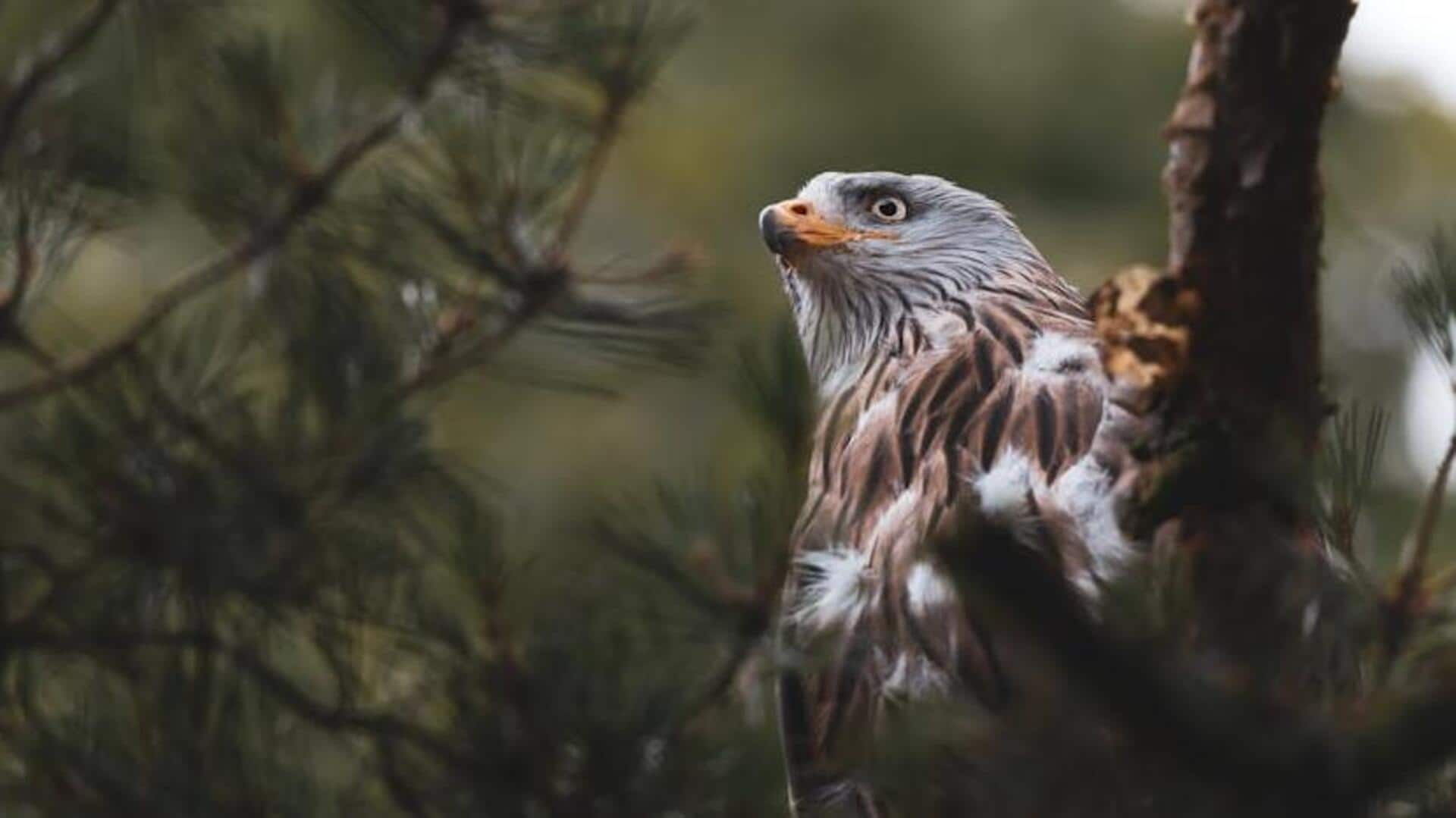
Traditional falconry: Majestic birds of prey experience
What's the story
Falconry, the ancient art of training birds of prey to hunt, is a tradition that stretches back thousands of years and across many cultures.
This one-of-a-kind experience invites you to witness the regal beauty of falcons, hawks, and eagles up close.
Learn about conservation efforts, discover the fascinating world of bird behavior, and experience the profound connection between falconer and bird through hands-on sessions and demonstrations.
History
Understanding falconry's rich history
Falconry is a big part of many cultures' heritage, with evidence pointing to its practice as far back as 2000 BC.
It wasn't just a way of hunting, but also a sign of nobility and status among the medieval European nobles.
Nowadays, it's even acknowledged by UNESCO as an Intangible Cultural Heritage, underlining its significance in human history and culture.
Basics
Getting started with falconry
For beginners interested in falconry, learning how to meet the basic needs of these magnificent birds is crucial.
This fundamental understanding encompasses their feeding habits, exercise routines, and regular health checks.
Many falconry centers offer introductory courses that cover these essential topics.
These courses also include hands-on training opportunities, where you can handle and fly a bird under the guidance of an experienced falconer, ensuring a safe and educational experience.
Conservation
Conservation efforts through falconry
Falconry also contributes to wildlife conservation by fostering appreciation and understanding of birds of prey and their habitats.
Falconers often play a key role in rehabilitation programs for injured or orphaned birds, helping these animals recover and ultimately return to the wild.
Getting involved in these programs can be a fulfilling way to support conservation efforts.
Gear
Essential gear for falconers
In order to safely and effectively train in falconry, you will need some specific equipment.
This includes gloves for protecting your hands from the birds' sharp talons, hoods for keeping the birds calm, jesses (leather straps) for holding onto them during training, and perches for them to rest on.
While you can make some items at home, others are best purchased from trusted suppliers to guarantee their quality and durability.
Tips
Tips for responsible falconing
Ethical falconry extends beyond ensuring the well-being of your birds; it also encompasses adherence to wildlife laws and regulations.
Before you start, make sure you have all the required permits.
And, always put the welfare of your bird above the sport or entertainment aspect, and strive to learn from seasoned falconers to hone your skills.